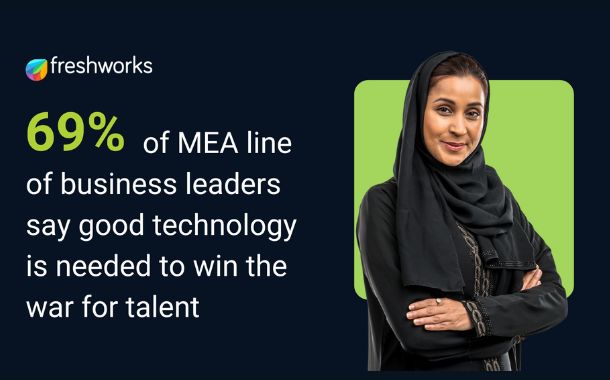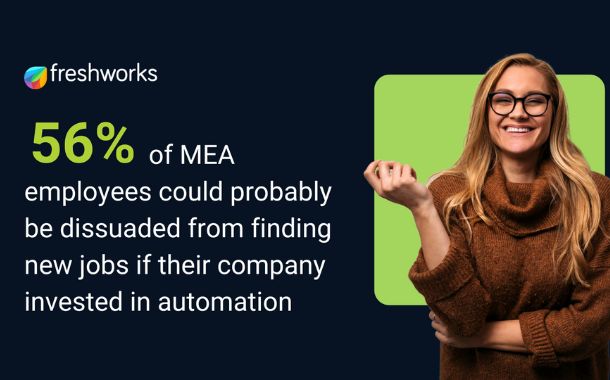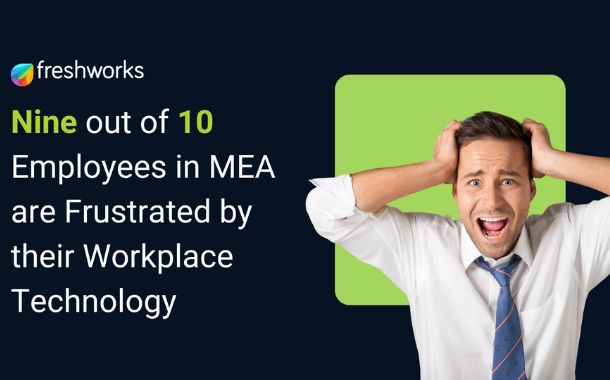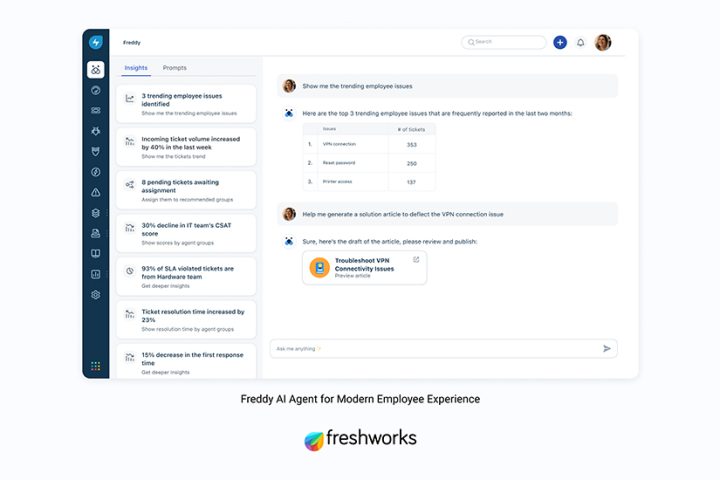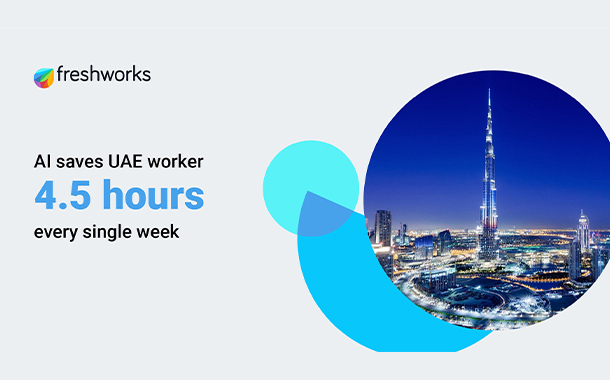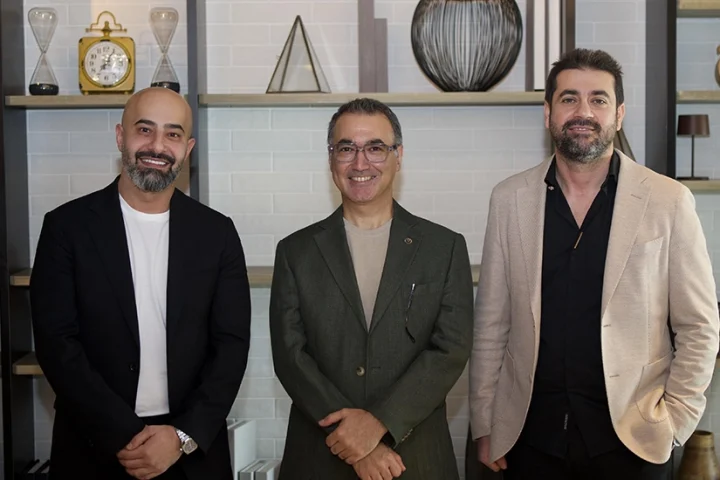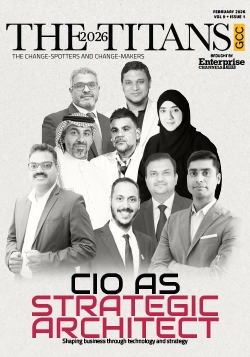Freshworks unveiled survey findings that reveal a startling divide between employee expectations and the reality of the workplace technology experience. In the wake of the pandemic, regional businesses have doubled down on digital transformation, however nearly half (47%) of employees in the Middle East and Africa report that technology issues at work have since increased their stress levels, causing a negative impact on their mental health.
Unsurprisingly, with employee wellbeing now so heavily dependent on technology, it is becoming increasingly important to stem the Great Resignation. The majority (69%) of MEA line of business (LOB) leaders expressed the needed for good technology to win the war for talent, and 79% recognise that high-calibre employees will consider looking for a new employer if their current job does not provide access to the tools, technology, or information they need to do their jobs well.
This is echoed by over half (56%) of employees who said their company could probably dissuade them from finding a new job if they invested in automation. Technologies that enable or support hybrid and remote working are also viewed favourably by MEA employees with half (51%) saying such solutions have increased their happiness at work.
Irrespective of what innovations companies choose to deploy, it is abundantly clear that one feature is now a must have – simplicity. A staggering 86% of LOB leaders surveyed by Freshworks said their employees have higher expectations of technology to be easier to use since the pandemic. “Easy to use technology that enables better employee communication and engagement, automation and better service delivery is no longer a nice to have. It’s business critical,” said Stacey Epstein, Chief Marketing Officer at Freshworks.
“In today’s hybrid world, employees demand the same experience at work as they do as a consumer. This is a global trend and those businesses who address this emerging divide now will be in a strong position to outperform the competition in this exceptionally challenging economic environment,” Epstein added.
With over two thirds (72%) of MEA employees having become increasingly dependent on technology since the pandemic, it now determines key outcomes for organisations. Freshworks’ report showed a clear correlation between employees’ perception of their employer and the latter’s digital maturity, with 42% stating that their company’s workplace technologies make them appear ‘behind the times’. Perhaps more worrisome however is that for over half (52%) of employees, this shortcoming has a direct impact on productivity, and nearly a third (30%) report this has a negative impact on their job satisfaction.
When implementing new IT solutions to address these shortcomings, organisations would be well served to understand the barriers employees face when embracing new technologies and tools. Here too, Freshworks’ report provided invaluable insight, highlighting that MEA LOB leaders find resistance to change (72%), employees not being consulted when choosing new software applications (69%) and employees not being given sufficient time to learn to use new software (67%) to be the top challenges.
“Businesses need to take a leaf out of the consumer application playbook and ensure business applications are as intuitive and convenient to use. The technology is already out there, delivering powerful, yet easy to use enterprise applications, all via the convenience of the cloud – this has effectively democratised IT. It’s time for organisations to now take advantage of such technologies that will help them bridge the growing employee/IT digital divide,” said Vishal Chopra, Sr Director of Marketing at Freshworks APAC & MEA.
Censuswide, on behalf of Freshworks, surveyed 6698 employees and 2000 Line of Business (LOB) leaders aged 18+ in businesses with 100-500 employees across Europe, USA, Latin America, APAC and MEA. Statistics were collected in April 2022.
